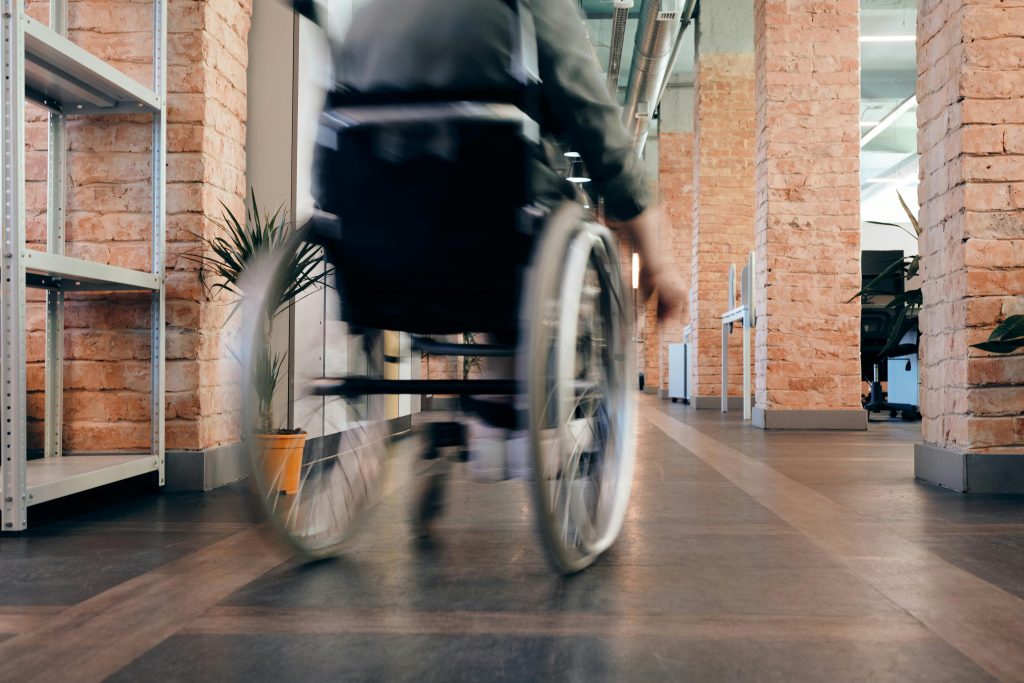Insurance is often viewed as a financial product you only think about when disaster strikes. It’s bought reluctantly, tucked away in paperwork, and revisited only when something goes wrong. But what if we reframed insurance not as a worst-case-scenario solution, but as an everyday tool that shapes the way we live, work, and plan?
In reality, insurance does far more than cover emergencies. It’s quietly woven into many of the choices people make—whether they realize it or not.
Freedom to Take Risks
A young entrepreneur launches a startup. A couple buys their first home. A musician books a nationwide tour. None of these decisions happen without risk—but insurance is often the silent enabler.
Business insurance allows the entrepreneur to take on clients without fear of personal liability. Homeowners insurance gives the couple confidence to invest in property. Travel insurance makes the tour financially feasible. In this way, insurance doesn’t just protect you from failure—it creates room for bold moves.
Confidence in the Mundane
Insurance also influences smaller, day-to-day choices. You might feel safer driving a long distance knowing you have roadside assistance. You’re more likely to go to the doctor early, instead of waiting, because your health insurance reduces the cost barrier. Even something as simple as mailing an expensive item feels less risky when it’s insured.
These micro-decisions add up. Insurance provides not just financial coverage, but emotional assurance—an internal permission to move forward without hesitation.
Shaping Careers and Family Planning
People often think of insurance as a financial safety net. But for many, it’s a strategic life tool. Consider disability insurance. It doesn’t just protect income—it can influence career choices. Someone with a high-risk occupation might feel secure pursuing their work because they know their income is covered if something happens.
Life insurance plays a similar role in family planning. Parents or caregivers often purchase it not because they expect the worst, but because it gives them peace of mind to build their families and make long-term commitments. It enables people to plan not just for life, but for what happens after it.
Insurance as a Reflection of Values
Where and how you’re insured often says something about what you value. A freelancer might prioritize income protection over car coverage. A traveler may invest in medical evacuation insurance even if they rarely use it. These choices quietly reflect our priorities: our health, our work, our loved ones.
Some even choose to insure things that are purely sentimental—a wedding ring, a family heirloom, a rare book collection. Not because these things can be easily replaced, but because their emotional value is worth the protection.
When Insurance Becomes a Social Good
Beyond personal benefit, insurance can also function as a form of collective responsibility. Health insurance pools risk across millions of people, helping society as a whole manage the cost of care. Flood insurance programs reduce the economic burden on local governments after natural disasters. Even auto insurance helps ensure that victims of accidents have access to compensation—regardless of fault.
In this sense, insurance isn’t just a private contract. It’s a quiet pillar of stability within entire communities.
Rethinking the Narrative
Rather than treating insurance like an expense you “hope never to use,” it’s time to reframe it as something active, not passive. It’s not just a backup plan—it’s part of your forward motion.
It’s the reason a storm doesn’t force you into debt. It’s why a broken arm doesn’t derail your year. It’s what lets you take a risk, travel freely, or protect the things that matter most.
Insurance is at its best when you barely notice it—when it silently supports the life you’re building, every single day.
Final Thoughts
We tend to see insurance only in moments of crisis. But its real value is often felt in the quiet spaces between those moments—in the risks we take, the plans we make, and the calm we feel when the unexpected happens.
It doesn’t just protect you from loss—it empowers you to live without fear of it.




